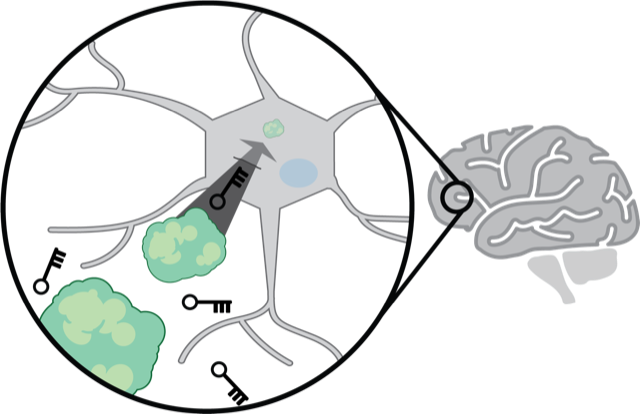Russia’s invasion of Ukraine, which started yesterday, would seem like pushed as a lot by Vladimir Putin’s paranoid delusion and ultra-nationalist ideology as the rest.
However Ukraine can be blessed with strategic financial belongings that may doubtless have served as secondary issues for the Kremlin – not least meals and agriculture.
Ukraine is a significant producer and exporter of agrifood merchandise, and the continued invasion is nearly definitely going to result in important disruption of worldwide meals provide chains – simply because the world is attending to grips with these attributable to the Covid-19 pandemic.
Breadbasket of Europe
Lengthy famend as ‘the breadbasket of Europe,’ Ukraine holds the tenth-largest acreage of arable land on Earth — and the most important wholly inside Europe — at 339,000 sq. kilometers. It incorporates 1 / 4 of the world’s extra-fertile chornozem (“black soil”), containing higher-than-average percentages of humus, phosphorus, phosphoric acids, and ammonia.
Industrial ammonia, in addition to different mineral and chemical-based nitrogenous fertilizers, are key Ukrainian exports, too.
Relating to meals, the nation is among the many high 10 producers of wheat, maize, barley, rye, potatoes, and buckwheat (in addition to a number of different greens, fruits, poultry, eggs, and honey.) Its nationwide flower is the sunflower; and fittingly, it’s the world’s main grower and exporter of sunflower oil.
One of many few nations that may match Ukraine’s prodigious agrifood manufacturing capability is none aside from its aggressor, Russia.
So it’s clear that the Kremlin’s actions won’t solely straight impression Ukraine’s talents to supply meals to the world; but additionally its personal, as financial sanctions and reprisals from Ukraine’s allies take their toll.
Extra meals inflation; growing world worst hit
The results are going to reverberate throughout the globe. Meals costs, already at all-time highs in lots of elements of the world, are set to skyrocket even greater. The availability of sure agrifood merchandise might gradual to a trickle, and disappear from cabinets and shops solely in some locations; significantly if the contagion of warfare spreads past the current theater. Growing nations are more likely to be the worst hit.
However it isn’t simply meals manufacturing itself that can be affected.
A lot of the know-how that permits and optimizes that manufacturing additionally stands to be adversely impacted.
Along with being main producers of ag commodities, between them Ukraine and Russia are additionally main exporters of iron ore, concentrates, and completed and semi-finished metal; of steel tubing and piping; and of insulated wires and optical fiber cables.
They’re additionally among the many main suppliers of neon and palladium – each of that are essential to the manufacture of semiconductors.
These are all key elements for tech-enabled agriculture; enabling connectivity between the sensors, smartphones, and equipment that permit trendy farmers to observe, handle, and optimize their operations; to spice up their yields, reduce long-term prices, and improve their incomes.
Tech, too
To not be neglected is the human capital contribution that Ukraine makes to agritech.
The nation has turn into one thing of a software program growth hub, with a well-educated, technical workforce that comes at a decrease labor value than a lot of the remainder of Europe. Because of this, many tech startups outsource their growth and engineering to the nation.
That is as true for agtech as it’s for different sectors (maybe Ukraine’s agricultural pedigree has one thing to do with it.) Final yr, AgFunder, AFN‘s dad or mum firm, co-published a analysis report on the nation’s intensive digital ag scene with native corporations AgroHub and Prime Lead.
As political analyst Arieh Kovler has identified in a Twitter put up, it will doubtless be one in all a number of “unexpected global consequences” of the warfare. “One thing like 200,000 Ukrainian programmers are within the warfare zone and lots of have been drafted” into army service to defend their nation, wrote @LaurieDonahue in reply.
With a lot of the world’s meals, fertilizer, and tech requirements coming from Ukraine and Russia, we’re dealing with one more international meals disaster, even because the one introduced on by Covid-19 continues.
And following the expertise of Covid-19, the warfare in Ukraine reiterates the necessity to transfer in direction of decentralized, localized meals manufacturing. When there are such a lot of folks on the planet who must be fed, it’s merely not sustainable to rely a lot on only a handful of places with the intention to present us with the grains, chemical substances, and different vital commodities we have to obtain that. The case for applied sciences that may allow this decentralization — like vertical farming, organic fertilizers, and mobile agriculture — is being made stronger and stronger by the day.














